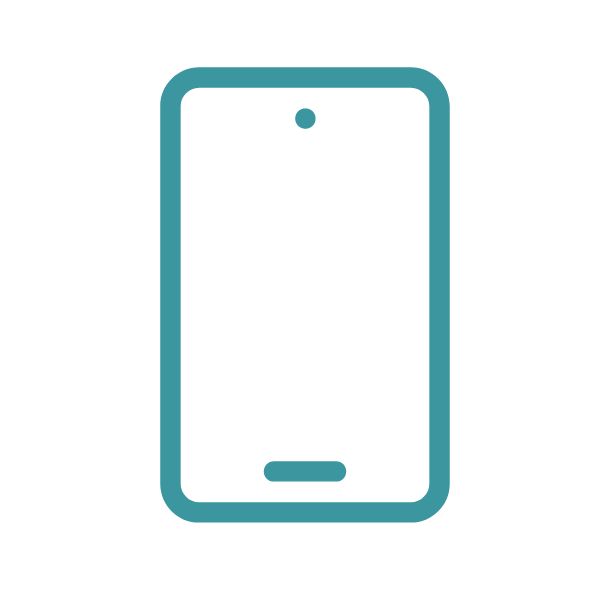Enhancing Glass Strength for Transport and Defence: Advanced Processing Techniques for Durability and Impact Resistance
Thermally Toughened Glass: Proven Resilience for High-Stress Environments
Thermally toughened (tempered) glass is produced by heating to 620–700°C and rapidly cooling to induce compressive stress on the surface. This process improves strength up to 5 times more than standard annealed glass, making it an ideal solution for safety-critical and high-traffic environments.
Applications in Transport & Defence:
- Passenger information systems: Railway platforms, ticketing kiosks, and onboard displays
- Vehicle-mounted displays: Bus driver consoles and railway cab controls
- Defence-ready systems: External vehicle screens requiring fire resistance and impact resilience
- Safety Feature: Breaks into blunt fragments, reducing injury risk in public or high-mobility zones.
Note: May introduce slight surface distortion—acceptable for many outdoor or ruggedised displays.
Chemically Strengthened Glass: Optimal for Compact, High-Precision Interfaces
This method enhances thinner glass through a potassium nitrate ion exchange at 400–500°C, delivering a strengthened outer layer with exceptional scratch resistance and optical flatness.
Applications in Transport & Defence:
- Compact instrumentation: In-vehicle HMI units, aviation dashboards, and cockpit panels
- Weight-sensitive systems: Embedded devices on drones, light rail units, or portable control units
- Tactical displays: High-accuracy readouts where visual clarity and responsiveness are mission-critical
Dry Film Lamination: Reinforced Protection for Extreme Impact and Multi-Layer Integration
Laminated glass combines multiple layers (standard or toughened) bonded via a heat-activated polymer film, which can incorporate UV, IR, or EMI shielding layers. This process is widely used in sectors where resistance to impact, shock, and vibration is crucial.
Applications in Transport & Defence:
- Vandal-resistant kiosks: Urban transport hubs and unattended terminals
- Military ground vehicles: Display systems in armoured or tracked vehicles
- System integration: Panels requiring embedded touchscreens, RF/EMI protection, or thermal filters
Engineered Glass for Demanding Sectors
Selecting the right glass processing method is essential for ensuring system longevity, user safety, and consistent performance in both transportation and defence environments.
From the precision of chemically strengthened touch panels in cockpit interfaces to the rugged resilience of laminated displays in armoured vehicles, FORTEC UK delivers tailored glass technologies designed to withstand the extremes—backed by integration with TFTs, embedded PCs, and optoelectronic components.
Let FORTEC UK be your trusted partner in specifying robust glass solutions that meet the high standards of transport and defence applications.





















